When you shop for body wash, what do you look for in a brand? What’s the first thing that catches your eye? Is it the colour of the product? What about the shape? How about the scent?
Typically, the products that we buy have a way of catching our attention. I used to be influenced by colour, shape and scent when considering products.
The smell is the most important, as you want to make sure that you like it before you buy a full bottle. The scent is so powerful as it sends signals directly to our brain. It can manipulate us.
I never thought twice about the products I bought in supermarkets and department stores. If I liked it, I purchased it. Little did I know or bother to investigate what those products contained in them.
Over the years, I’ve been doing a lot of research into the cosmetic industry and what is generally allowed in our products. I’m also fascinated with how we’re marketed when it comes to cosmetics.
Note: we recorded a podcast episode about toxic chemicals.
As it stands today, around 75% of chemicals that are on the market have not been tested for safety. You read that right. Yet, they still make it onto the shelves. They are testing these chemicals on us instead of before we buy them.
My question is, why do brands add these chemicals to their products when they’re unsure about the safety? What’s the motivation behind the types of ingredients they choose to use in these formulas?
The motivation? The motivation is to sell as much of it as they possibly can. They don’t want to inform consumers and let them make their own decisions. If they did that, no one would buy their products.
If they disclosed the endless list of unpronounceable names of chemicals and the risks associated with them, they would be out of business.
Now, to be clear, some brands do disclose the ingredients, and yet some of us still choose to buy them. But do you feel as though you’re making an informed decision? Or just trusting that the products that are on the shelves are safe? We don’t know what will hurt us if we don’t know, right?
But sometimes you get ingredients like “fragrance”, “perfume”, or “parfum” that are classified as cluster ingredients and are protected under proprietary interest or intellectual property. That one word, for example, can be anything up to 4000 different chemicals! And unfortunately, fragrance is in almost every single product you can buy.
It can be in your toilet paper, tissues, candles, cleaning products, personal hygiene products, rubbish bags, diffusers, toys, and the list goes on and on. I didn’t even mention any of the cosmetics! Pick up any product that you’ve purchased from a supermarket and have a look at it.
Please step away from this article and go and check. You’ll either have a list of ingredients you have no clue what they do, or you won’t find an ingredients list at all.
Please also don’t be fooled by the labelling of “fragrance-free” or “for sensitive skin”. Chances are that it will still have fragrance in it.
Read more: A Practical Guide to Toxin-Free Living
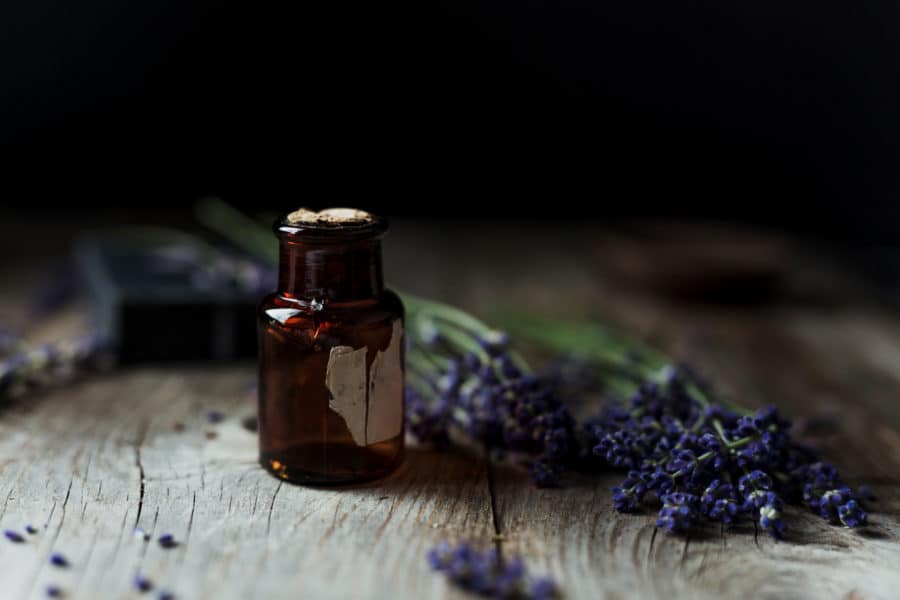
I can go on and on about this, but let’s leave this for another article shall we? What I really want to talk to you about today is the link between consumerism and toxic chemicals that you can find in cosmetics.
When you start to see the world in a new light and aren’t phased by marketing and become a mindful consumer, you start to pay attention. You start to ask questions.
Chemicals are put in products for convenience, performance, cost and longevity. I’d like to break these down and talk about them individually.
Convenience
If you have just run out of deodorant, the last thing you want to be doing is ordering another one online and waiting at least three days for it to come in the mail. The other scenario could be that you have to drive across town to go pick it up because only a handful of stores sell it.
I get it. Convenience can be a massive factor for why we choose to buy products when we’re doing our grocery shopping.
But if you’re anything like me, buying from the supermarket is a very rare occasion. Heck, I don’t even remember the last time I stepped inside one! If you’re trying to go zero-waste or reduce your impact on the planet, you probably don’t shop in the supermarket either, unless of course, you don’t have any alternatives.
When you become a conscious consumer and pay attention to the whole supply chain, you start to buy less. You start to care more. You end up saving time and money.
But if you do still find yourself shopping in the supermarket, at least do yourself a couple of favours. Flip over the product and read the ingredients. Put them through this app and see how safe the ingredients really are. If you see alarm bells, or even if the product lists fragrance as an ingredient, put it down and try another.
Once you find your new go-to product, you won’t have to go through this process again. You and your families health are more important than convenience. We don’t have to wait until we get sick to do something about it.
Performance
Performance is everything. If the product doesn’t do what it’s meant to do, then we won’t buy it again. It’s that simple. Trust me, I’ve tried and tried so many natural products, specifically testing for performance, and in all honesty, they do fail.
This is why, three years ago, we opened our own online store and sold everyday essentials that I personally tested. Some even outperformed synthetic chemical-ridden products.
Unfortunately, we closed that store last year after deciding that online commerce wasn’t something we wanted to continue doing in the distant future. It didn’t give us flexibility in life as we wanted.
Conventional products promise performance that sometimes no natural product can compete with. But we have been conditioned into believing since the day that we were born that our teeth need to be white, that we can’t have any natural greys showing, and our face needs to be wrinkle-free.
But what it’s really telling us is that it’s not okay for nature to take its course and for us to accept who we are. The model on the magazine cover is far more appealing than what we have right in front of us.
I used to be the girl that wanted to look flawless, to have pretty red manicured nails, to have my own signature perfume scent that made me more desirable, to have makeup to hide my real complexion. But at some point, I realised that I needed to embrace who I was and be happy with that.
If I can find products that have ingredients that I’m happy with, sure, I’ll use them. If I don’t find it with the plant-derived ingredient list, then no thank you. For me, it’s as simple as that!
With advertising, they give you products to desire and make you feel like you need them in your life. That the performance of the products that you currently use is not good enough. They don’t bleach those whites white enough.
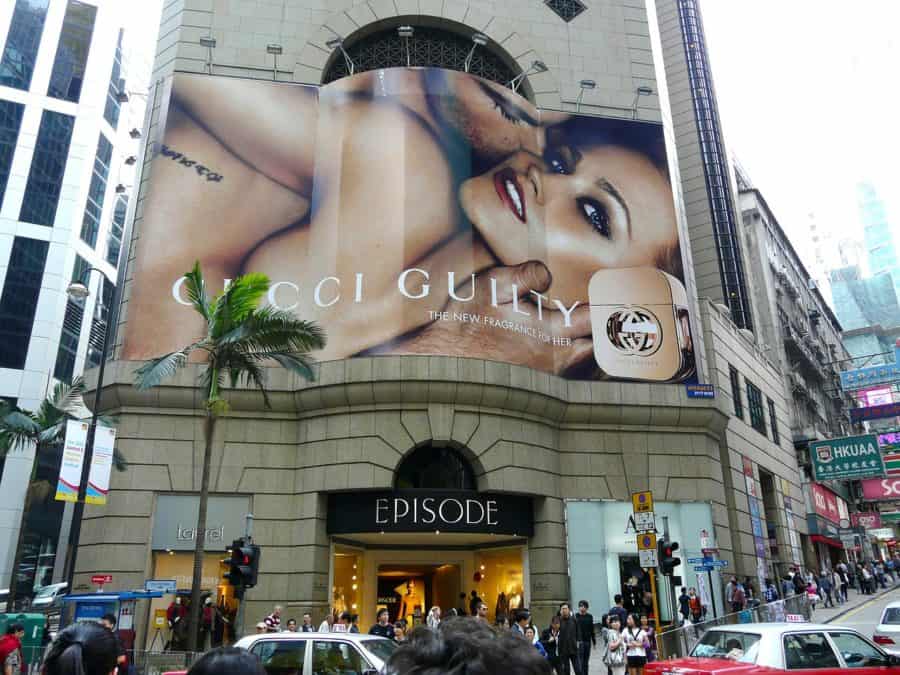
Cost
The cost can be a massive factor for so many people. And it is for me too. I mean, I don’t have five mouths to feed and live on a single income. At the moment, we live off less than one income while we build The Minimalist Vegan, and I would still go out and buy the products that I did when we were both working full-time. For me, it’s a priority.
But I want to explain a little something to you on the matter of cost. You’re probably wondering why companies that make a 1L bottle of body lotion can charge $5 for it compared to the one that’s from all-natural ingredients that might cost $30+.
The reason that the former is so cheap is that it uses synthetic ingredients that are derived from petroleum. Whereas the latter uses natural, healthier alternatives that are not designed to fill your body with a toxic load of unpronounceable ingredients.
You might even see ingredients that you use in your kitchen like coconut oil, almond oil, avocado oil, cacao butter etc. So you can trust that they are safe.
When you buy natural products, you’re not only supporting a positive change to reduce the toxic load on yourself and our environment, but you’re normally buying a more concentrated product — therefore it lasts you longer. I know I won’t convince all of you to switch to buying a more expensive product, but ask yourself this set of questions when making the decision:
- Do I need this product, or can I do it without?
- Am I only using it because I have most of my life, or because I need it as part of my daily routine? You’ll be surprised by the number of products that we don’t need to be using. Marketing can convince you to use 20 products on your face night and day when in reality you might only need 2 or 3.
- Can I accept the potential consequences of continuing to do what I’m doing?
- Is it possible for me to make my own product instead?
- Can I use an alternative? E.g. instead of using body lotion, maybe switching to something like a raw ingredient such as coconut oil, shea butter or olive oil.
Longevity
And lastly, the talk of the longevity of a product. We all know by now that chemical-filled products have a long shelf life. Years in fact. How can that be? What are the preservatives that they are using to keep the product shelf-stable for that long? It’s a key component to making a product regardless of whether it’s natural or not.
If a product doesn’t have a long and stable shelf life, it wouldn’t be able to be sold to consumers. The longer the shelf life, the better for the company that makes it. They can have a bigger production line and not worry too much about needing to sell products quickly. It’s much easier to sell a product that has a five-year expiry date on it than one.
Natural preservatives have been used for a very long time before synthetic chemicals were even invented! So why do we feel the need to move away from a natural method that already works?
Some of the natural cosmetics will use preservatives like rosemary oil extract, oregano extract, ascorbic acid, vitamin e, salt, sugar, vinegar, alcohol, sorbic acid, benzoic acid, tocopherol, and grapefruit seed extract to name a few.
You’ll also find with the development of new and innovative preservatives derived from natural sources, they are extending the shelf life of products for around the two-year mark from my experience.
So in conclusion, longevity really isn’t something to be concerned about in a natural product. After all, when we buy just what we need, we use it up within that period anyway.
How minimalism changed the way I think about cosmetics
Since I started introducing minimalism into my life over five years ago, with every year that goes past, I use fewer and fewer cosmetics. I’m becoming more confident with who I am, and therefore, not needing what I once thought was a must-have product.
I also started paying attention to what I was using years prior to that but not as intently as I did when I questioned everything that I owned and if it served a purpose in my life. I was sick of having a graveyard of half-used products under my bathroom sink. Nail polishes that dried up, hair sprays that I used a couple of times for special occasions, face moisturisers that dried out my skin too much in cooler months, you get the idea.
Each time I had to find space for more stuff, I would go through them and pick out a couple to discard—that were either expired or unusable. Upon reflection, I could have culled much more!
I used minimalism as a tool to combat my cosmetics consumer habits. The new mascara that extends my eyelashes that my friends got or the perfume that my favourite singer released were a thing of the past. I’ve learned and changed my purchasing choices so much that they’re not even tempting.
I sometimes still get lured by other things, but synthetic cosmetics is not one of them. Once you start questioning products on a deeper level, it makes it much easier to say no.
Choosing cosmetics these days is a breeze, as I have my go-to brands and products and I’m really happy with them. They work for me but they are also gentle on the planet.
I hope that this article has given you some food for thought. I hope it’s brought up some things that you might want to go and address. It’s not easy, but progress is always better than living in ignorant bliss. After all, who is that ignorant bliss for? Certainly not you, your family or the planet. Think about it.
In the coming weeks, I’ll also be sharing an article on the harmful chemicals that you should be avoiding in your cosmetics so you have an idea of what to look out for.
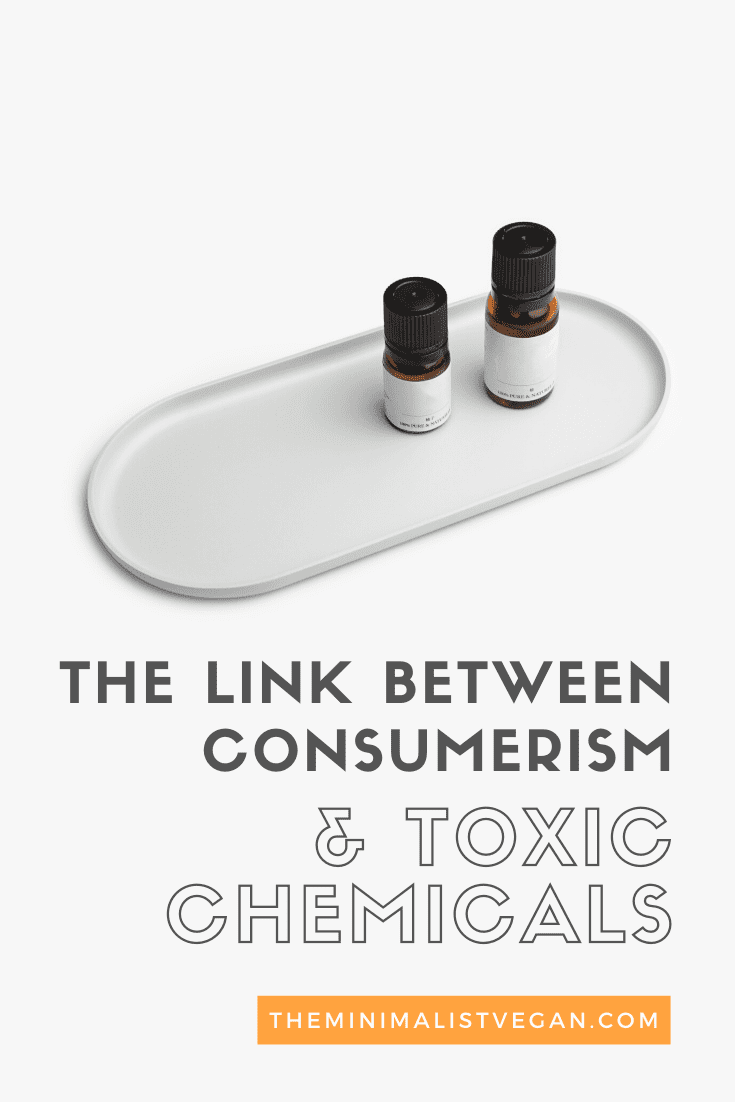


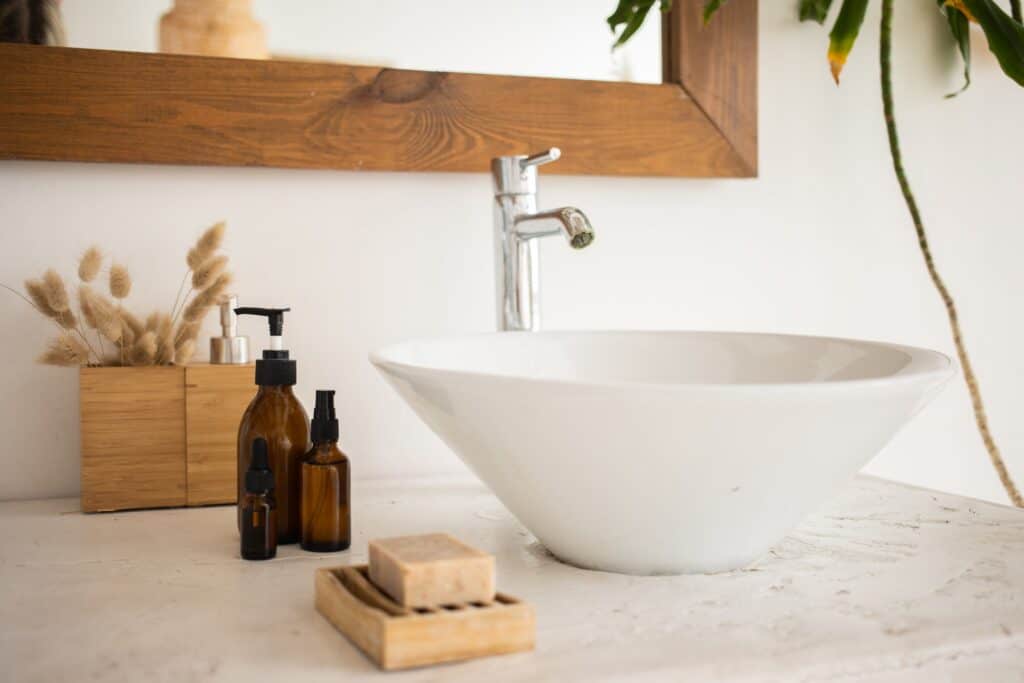
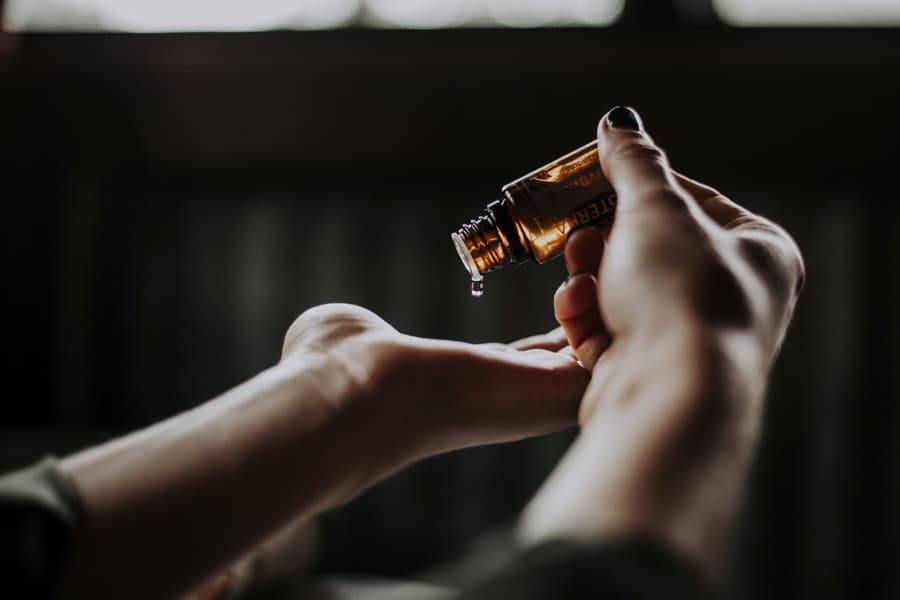
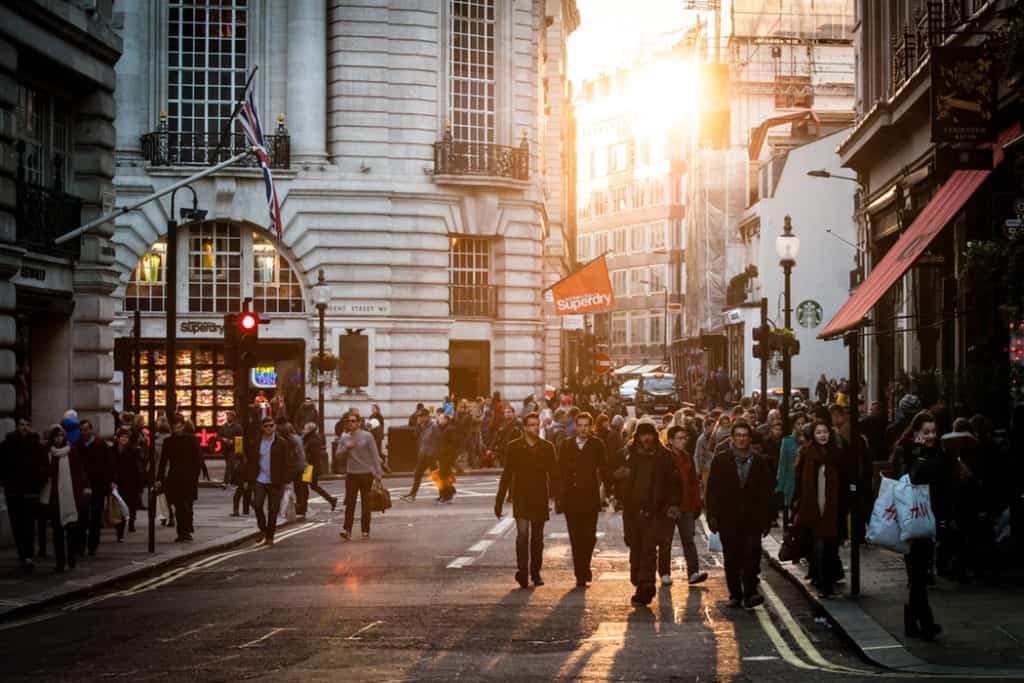
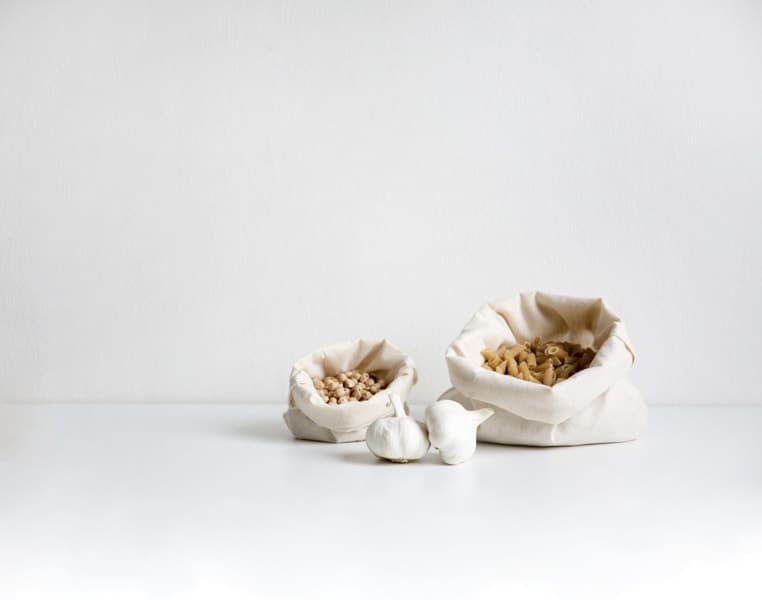
Thanks for sharing Aga. So true right, when you narrow down your choices, what you’re naturally happy to go without. You can get some great oil-based perfumes or perfumes with an alcohol base that only use natural and plant-based ingredients. The thing that makes the chemical ones last on your skin longer are the phthalates. So we have been conditioned to believe that perfume should last on your skin all day.
Wow! This article was timely for me and because of it I am really encouraged to be more consistent with my product use. I am struggling to find ones that are healthy, work, and accessible as I live in a rural area. I will really look forward to the next article of what to avoid. Thanks so much, this conversation is necessary.
Glad to hear it Calora! It can certainly be tricky to find products that tick all the boxes. Can you get much delivered to your area by post? Also which country do you live in? I can possibly help you find some resources or products that I think could be a good start. Alternatively, you can try making your own?